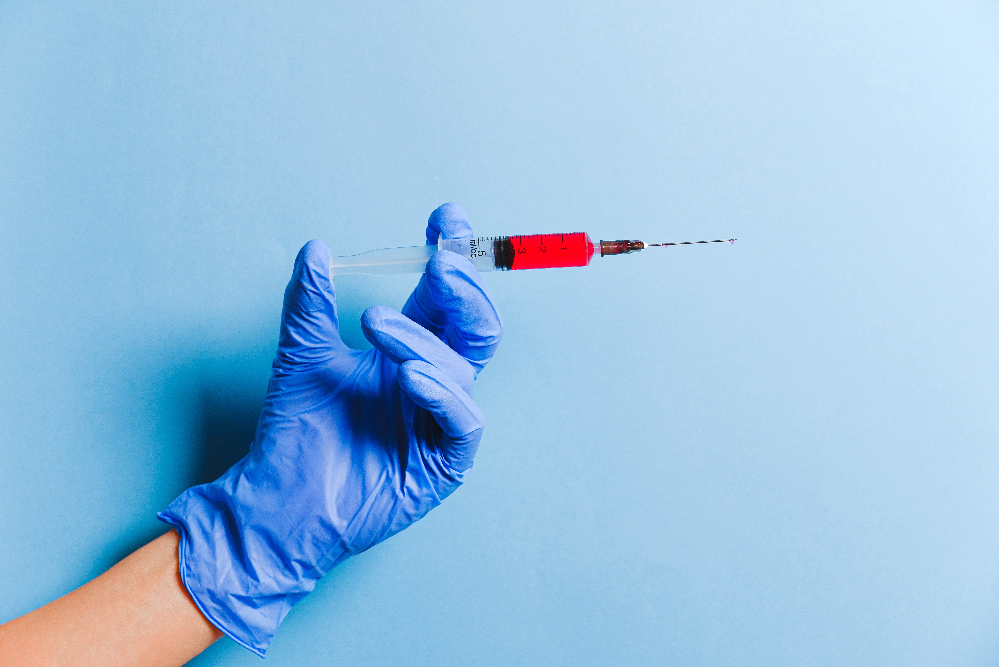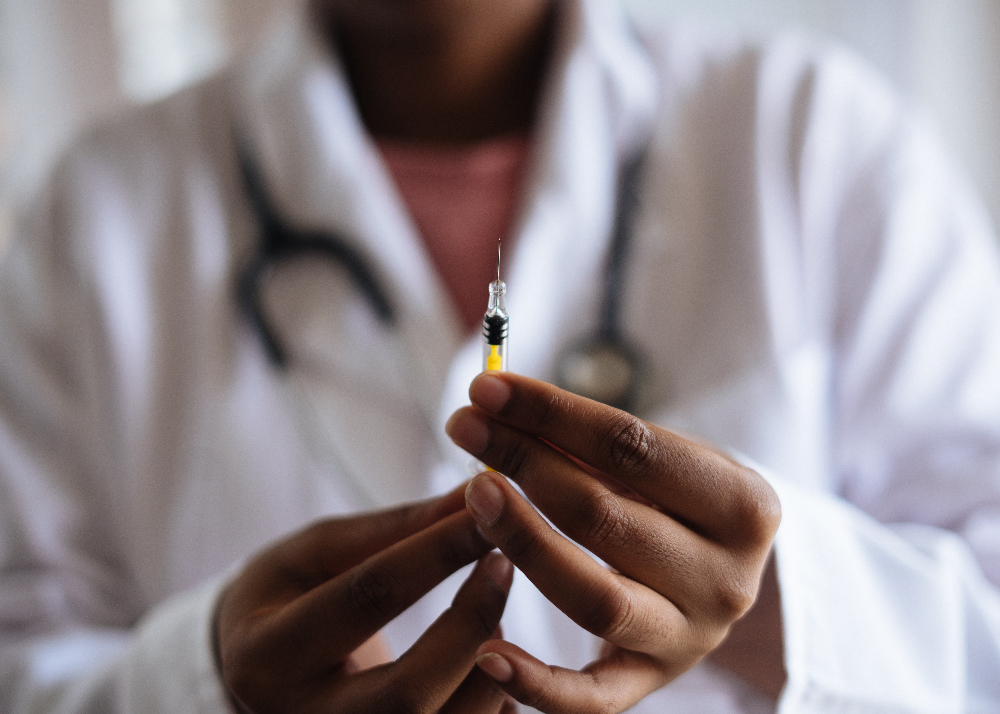A new vaccine that hits the same brain receptors as fentanyl may help decrease demand for it.
A new vaccine that targets the effects of fentanyl has been developed by researchers. It could help tackle the opioid misuse crisis by preventing people from becoming addicted to the powerful synthetic painkiller.
Fentanyl is a synthetic opioid that is up to 100 times more potent than morphine. It is often used to treat pain after surgery or chronic pain, particularly that associated with cancer. However, fentanyl is also widely used as a recreational drug, due to its potent effects. Fentanyl is highly addictive and can easily lead to overdose, as even a small amount can be fatal. In recent years, there has been a surge in fentanyl-related deaths, as the drug is often mixed with other substances, such as heroin, to increase its potency.
The opioid epidemic continues to wreak havoc on the U.S. population with the government tallying more overdose deaths in 2021 than it did in the two-decade span ranging from 1979 through 1998. The fentanyl issue, unfortunately, doesn’t seem to be going anywhere anytime soon.

The new vaccine, developed by researchers at the University of Houston, works by binding to fentanyl molecules and preventing them from reaching the brain. This means that people who are vaccinated will not experience the high that fentanyl produces, making it less likely that they will become addicted to the drug. If users cannot experience its euphoric effects, hopefully the demand for the drug will decrease.
The new vaccine is made from a modified version of the tetanus vaccine. It is designed to target the mu-opioid receptor in the brain, which is the same receptor that is targeted by opioid drugs, including fentanyl.
The vaccine is administered through a series of injections over the course of eight weeks. After the final injection, the vaccine produces antibodies that bind to fentanyl and prevent it from reaching the brain. The researchers also found that the remedy lasts for up to seven months in mice, meaning that it could provide long-term protection against fentanyl addiction.
The vaccine is still in the early stages of development, and only animal trials have been completed so far. It was tested in rodents that were given fentanyl with success. The rats that were vaccinated did not show any signs of addiction or withdrawal when they were given the drug, while those that were not vaccinated became addicted to it. Researchers are hopeful that humans will respond to it in a similar manner.
“This is a very encouraging result,” said study co-author Kim Janda. “It shows that the vaccine can block the effects of fentanyl and could potentially be used to prevent addiction.”
If the vaccine does prove to be effective, it could be a vital tool in tackling the opioid addiction crisis, which is causing more than 130 overdose deaths every day, a number that is only expected to grow. The researchers are now planning to carry out clinical trials to test the effectiveness of the vaccine in humans. If the trials are successful, the vaccine could be available within the next few years.
Sources:
Vaccine Targeting Effects Of Fentanyl Developed By Researchers—It Could Help Tackle Opioid Misuse
Fentanyl Problem Continues to Rise, Rainbow Pills Being Sold


Join the conversation!